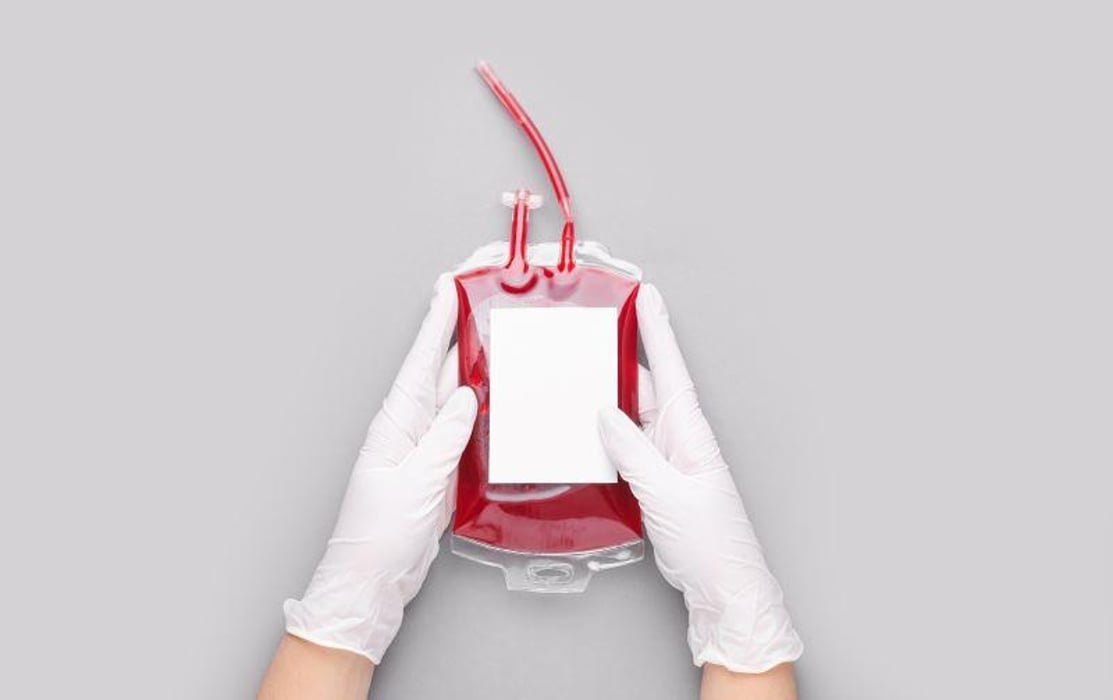FDA Could Ease Blood Donation Rules for Gay Men

FRIDAY, Jan. 27, 2023 (HealthDay News) -- Longstanding restrictions on blood donations from gay or bisexual men could soon shift toward a more nuanced policy, where such men are asked about sexual partners and practices instead, the U.S. Food and Drug Administration announced Friday.
Specifically, gay men who are in monogamous relationships will no longer be required to abstain from sex for any period of time before donating to the nation's blood supply. Old rules in place since the 1980s had made such demands, out of fears of possible HIV contamination of donated blood. But pressure from LGBT organizations, improvements in blood screening technologies, and the input of blood banks and the American Medical Association have all pushed the FDA to reexamine its rules.
The draft recommendations around the new policy center on "individual risk-based questions to reduce the risk of transfusion-transmitted HIV," the agency explained in a statement. "These draft recommendations are based on the FDA's careful review of available information, including data from other countries [such as Canada and the United Kingdom] with similar HIV epidemiology that have instituted this approach, as well as ongoing surveillance of the U.S. blood supply," the agency added.
The basic tenets of the proposed changes are as follows: (1) Any time-based deferrals for blood donation will be elimimated for men who have sex with men (or any woman who has had sex recently with men in that category); (2) standard questionnaires given to prospective donors will now include questions on new and multiple sexual partners going back three months; (3) "prospective donors who report having a new sexual partner, or more than one sexual partner in the past three months, would then be asked about a history of anal sex in the past three months," the FDA said; and (4) any prospective donors who report new or multiple sexual partners in the past three months, as well as having had anal sex, will be deferred from donating blood.
The FDA notes that people who have tested positive in the past for HIV will continue to be barred from donating blood, and "blood establishments would still be required to test all blood donations for evidence of certain transfusion-transmitted infections, including HIV, hepatitis B, and hepatitis C."
The new rules are open for public comment for 60 days, and "the agency will then review and consider all comments before finalizing this guidance," the FDA said.
Related Posts
COVID-19 Cases Rise Sharply Among Children as School Year Starts
FRIDAY, Sept. 3, 2021 (HealthDay News) -- As the school year gets underway...
CVD Risk Increased for Adolescent, Young Adult Cancer Survivors
MONDAY, Dec. 5, 2022 (HealthDay News) -- Adolescent and young adult (AYA) cancer...
AHA News: Take These 7 Healthy Habits on Your Summer Road Trip
FRIDAY, June 10, 2022 (American Heart Association News) -- You've spent the past...
¿Los robots en el lugar de trabajo dañan la salud mental de los trabajadores de EE. UU.?
VIERNES, 8 de julio de 2022 (HealthDay News) -- No hay que llegar a la trama de...
